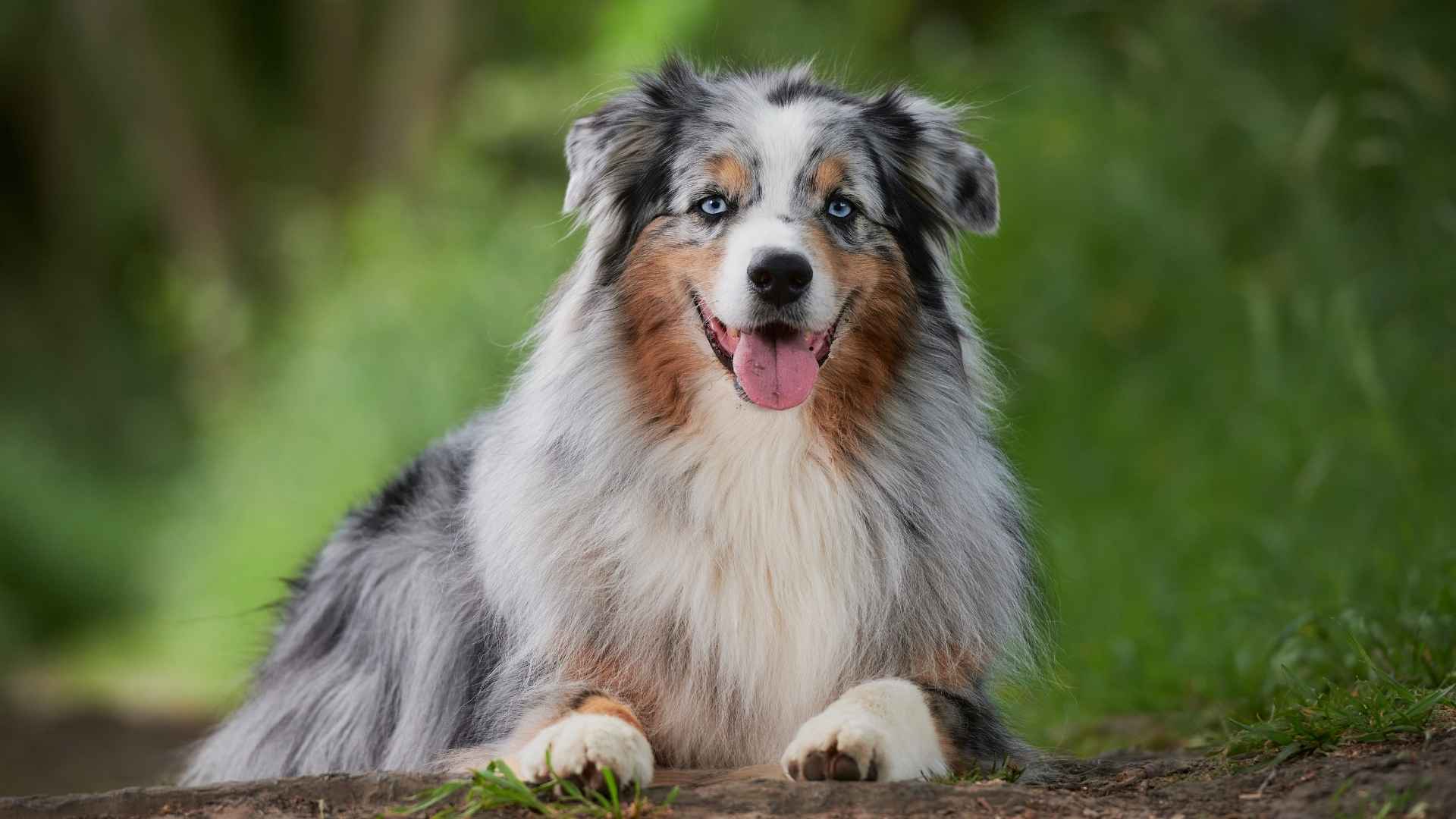According to the Centers for Disease Control and Prevention (CDC), 1 in 31 children in the U.S. is diagnosed with autism. While dogs can offer emotional support, not every breed is ideal.
Certain dog breeds have some traits, like high energy, unpredictability, or sensitivity to sound. This may cause distress instead of maintaining a calm demeanor.
In this blog, we will explore the 7 most loved dogs that may not be the best fit for your children with autism. It is not about labelling the breeds as bad, but understanding behavioral problems to make supportive decisions for family life.
Worst Dog Breeds for Autism
1. Siberian Husky
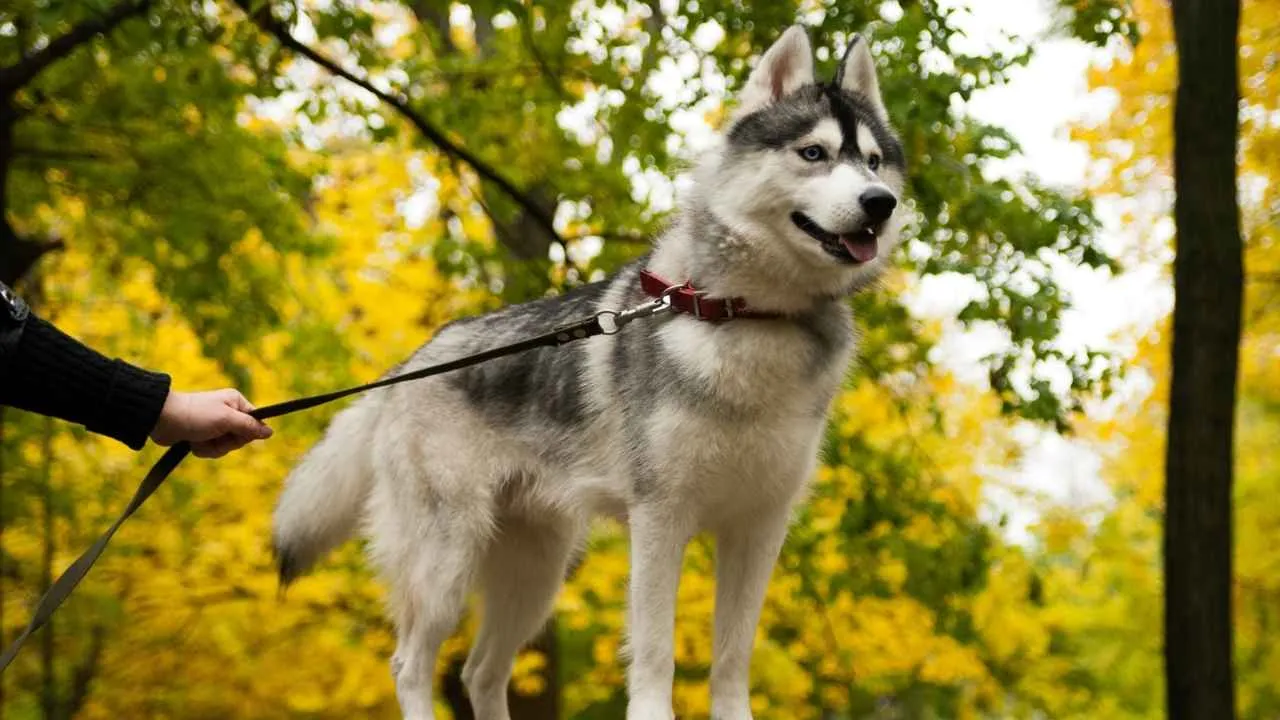
Oh huskies. The drama queens of the doggo world. If dogs had reality shows, this breed would be flipping tables in every episode. Huskies are stunning and are energetic dogs, and a deep love for… chaos.
If your children with autism prefer calm environments and a quiet buddy, Huskies will show up like, ‘Let’s howl at 3 am and eat the couch!’ They don’t bark, they talk. Or it is better to say they argue!
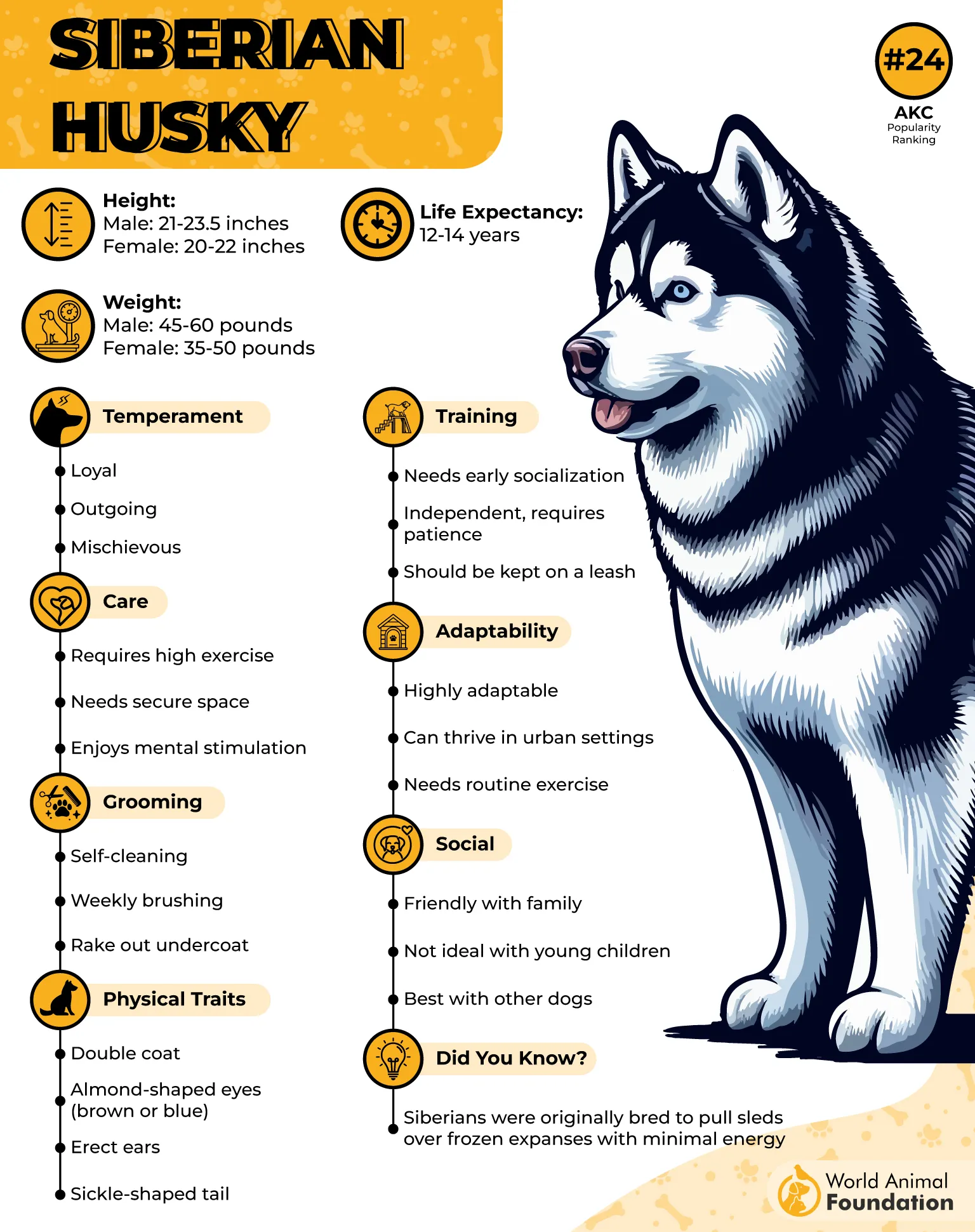
They are high-maintenance, loud, and endlessly noisy. Basically, that one friend who FaceTimes without warning and brings drama to brunch.
They are great companions, but not for kids with autism who need emotional support animals and gentle nature companions.
2. Dachshund
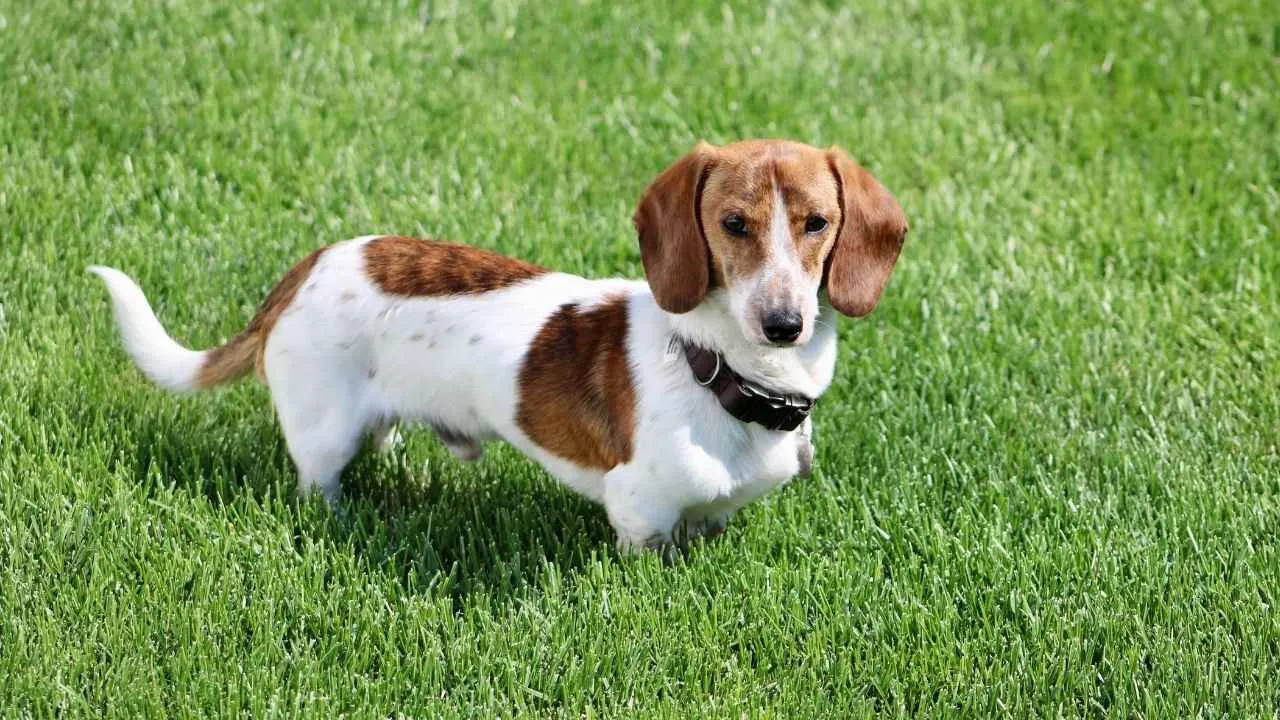
You would think a dog shaped like a hot dog would be chill, right? Nope, wrong. Dachshunds are feisty little sausages with the attitude of a 6-foot bouncer.
They are small, but they are mighty, according to PDSA. And if there is one thing they love? Barking. Like a lot! They are also notoriously clingy. Think of them like the jealous friend who gets mad when you make new ones.
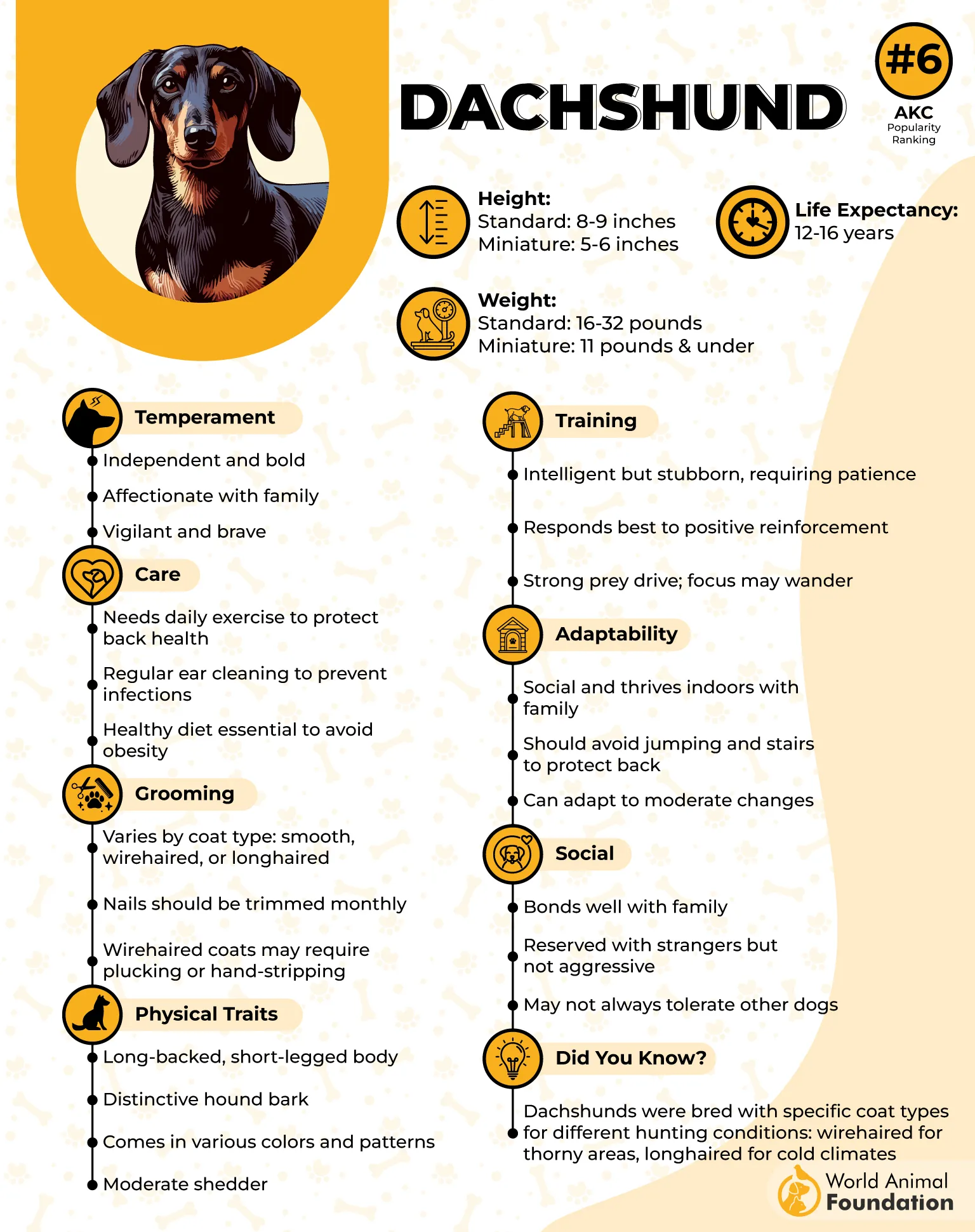
If your child has therapists or frequent visitors, this dog breed will throw a barking tantrum every time someone walks through the door.
For sensory-sensitive children with autism who need a low-volume, low-drama companion, it is not the right dog. It is better to avoid adopting this dog for people with autistic children.
3. Beagle
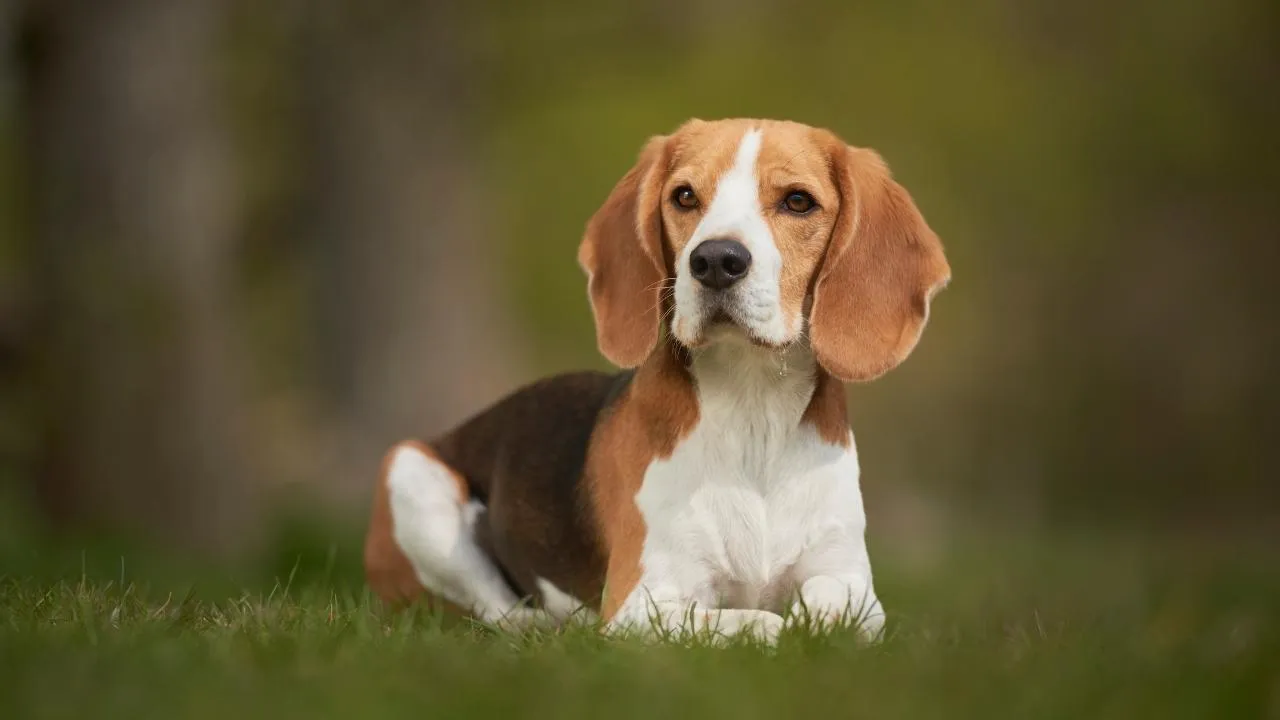
Beagles are the detectives of the dog world. Nose to the ground, tail in the air, brain… wherever the scent is leading them. Cute? Totally. Calm and predictable? Not even a little.
If you want a dog breed that listens, the Beagle will do the opposite just because. They are also loud. Like, they will wake up the whole neighborhood.
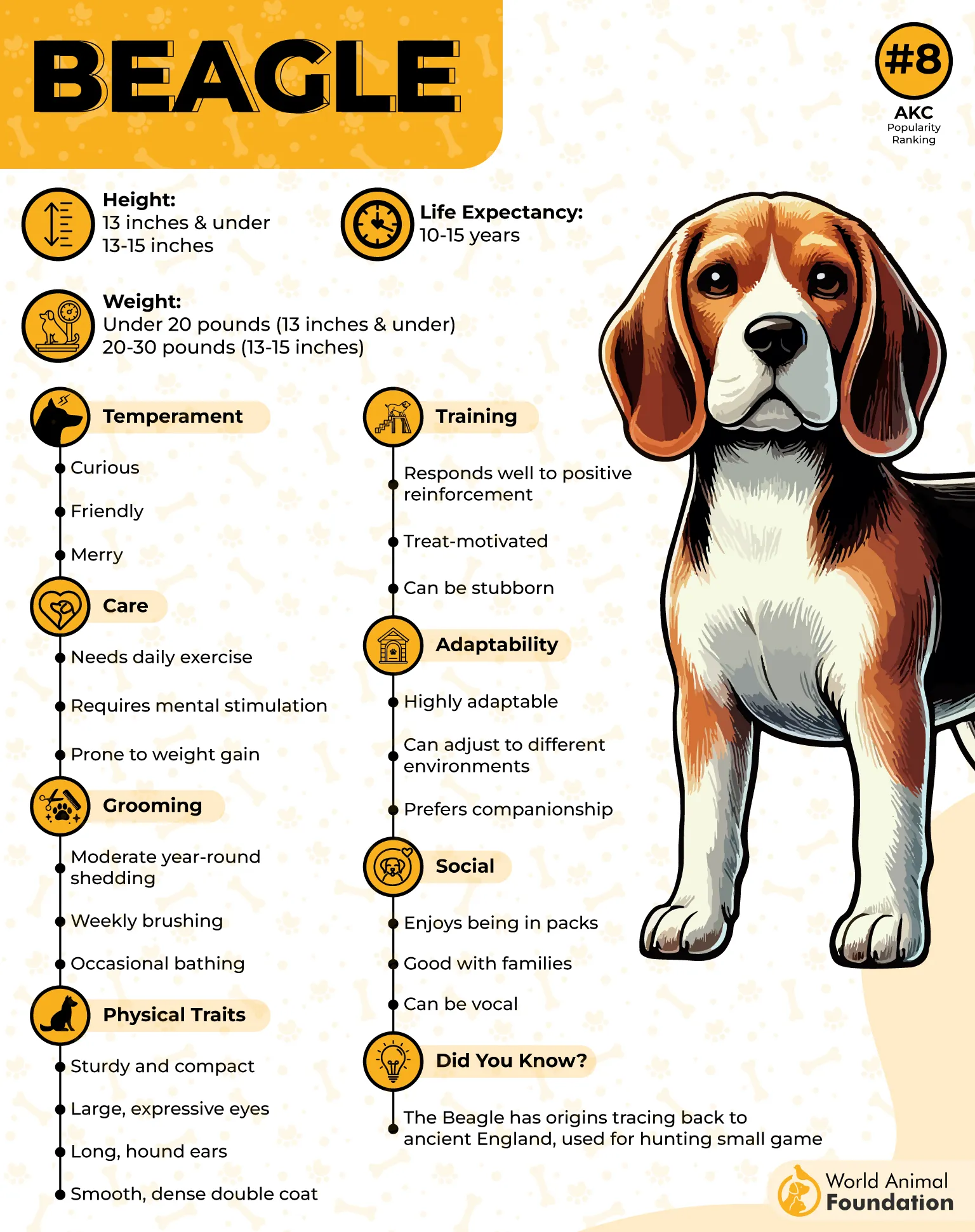
Their baying and howling can be startling for children with autism who are sensitive to auditory stimuli. They may increase the anxiety of kids.
These high-maintenance dogs can overwhelm families already managing the complexities of autistic children. While Beagles are affectionate and loyal, their stubbornness and noise can make them a bad match for autistic children.
4. Miniature Schnauzer
These dogs are like tiny old men trapped in a dog’s body, with built-in alarm systems. These guys will alert you to everything. Wind? Bark excessively. Mail carrier? Bark again.
Miniature Schnauzers are spirited, alert, and intelligent dogs, but these same traits can be problematic for families dealing with autism.
Mini Schnauzers are also born to be busybodies. If your kid’s having a quiet moment, this dog might hop in like, ‘Hey, wanna play fetch? No? I will bark till you change your mind!’
While they are loving and loyal, their demanding nature and intense focus are not well-suited to consistent, calm, and proper training to bond with autistic children.
5. Jack Russell Terrier
Jack Russell Terriers are intelligent and full of life. But their high energy is exactly why they are not suitable for children with autism.
They are hyperactive, impulsive, and require consistent stimulation to prevent boredom and destructive behaviors. This dog breed is always on the move, jumping, chasing, and barking.

Their high energy can overwhelm your children with autism. This breed is also famous for being stubborn and difficult to train. They often push boundaries and require discipline.
Jack Russell Terriers have a strong prey drive and tend to chase other animals or dart away without warning. They lack the patience and emotional regulation needed for autistic children.
6. Australian Shepherd
Australian Shepherds are intelligent, loyal, and eager to please. But their working dog background requires constant tasks to be completed, according to PetMD.
This often translates to excessive energy, herding behaviors, and a need for constant mental stimulation. They can be overwhelming for autistic children.
This breed thrives in highly active environments and can become restless or lead to excessive barking when under-stimulated.
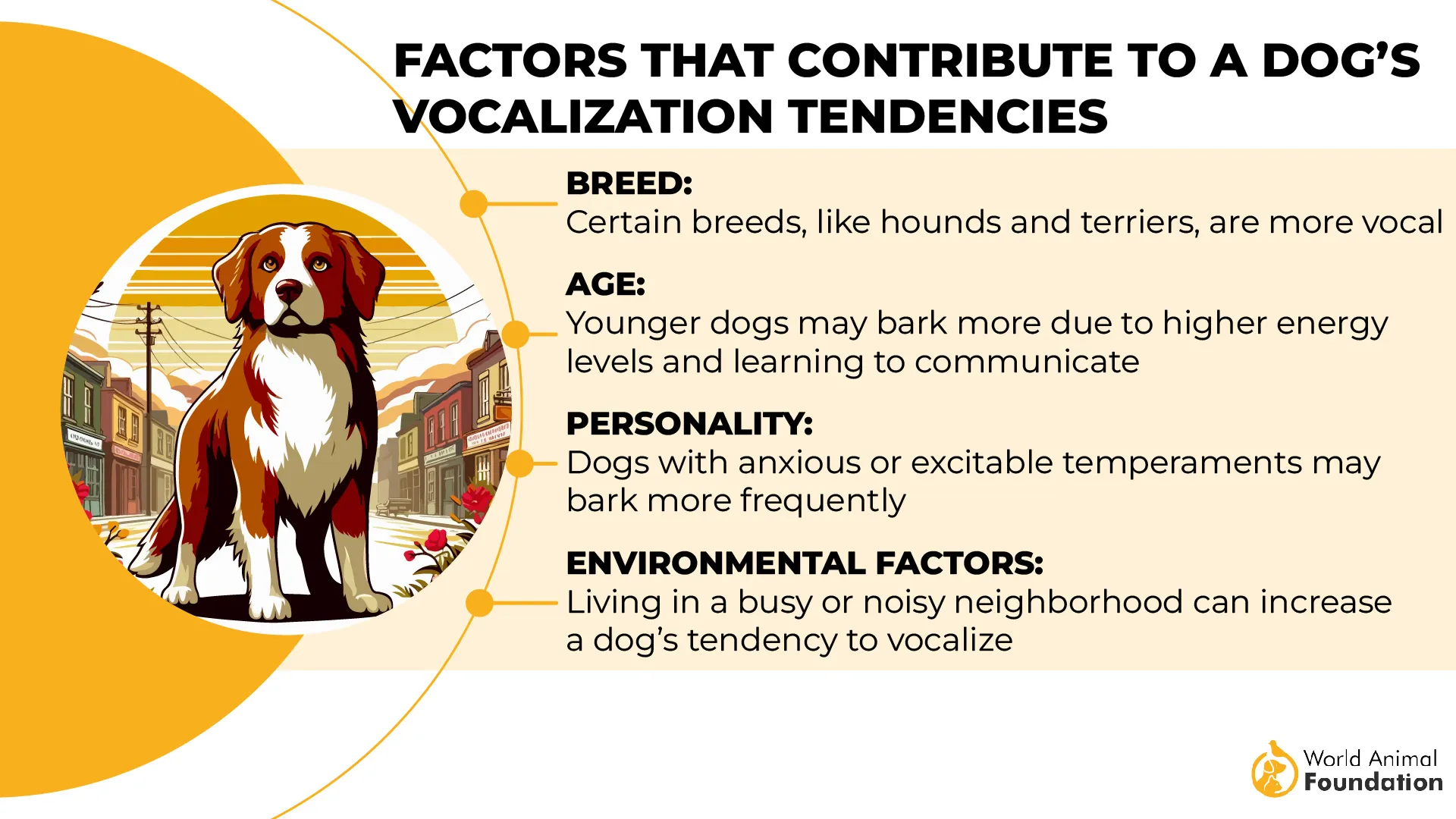
Though it is an obedient dog breed, they may induce anxiety. Their intensity and work-driven mindset make them a poor fit for the therapeutic, calming presence typically needed in autism support dogs.
7. Chihuahua
Chihuahuas are tiny dogs with huge personalities, and that boldness can be too much for a child with autism. Known for being reactive and easily startled, Chihuahuas often bark at unfamiliar sounds or people.
Their vocal nature and unpredictability make them less than ideal for children with autism. Additionally, Chihuahuas are prone to forming strong bonds with one person and may be an aggressive breed towards others.
These small dogs are physically fragile, according to WebMD. Any unintentional rough play could result in injury either to the dog or the child. They have an uneven temperament, making them a difficult dog breed.
They can make social dynamics in the home more challenging due to their jealous nature. While they may look like ideal lap dogs, their sensitivity and frequent barking often add more stress to children with autism.
Conclusion
Choosing the right dog for children with autism goes beyond looks and popularity. It requires understanding both the child’s needs and the dog’s behavior.
Golden Retrievers are calm, affectionate, and famously great at therapy and service work, often acting like furry therapists. Labrador Retrievers thrive on structure and affection, making them ideal for children who need routine and predictability. Bernese Mountain Dogs are slow-moving cuddle machines—gentle giants who radiate calm and comfort. Poodles are intelligent, hypoallergenic, and highly trainable, adapting well as service or emotional support dogs. And Newfoundlands, often called “nanny dogs,” are nurturing, patient, and famously sweet—perfect for a soothing presence in your child’s life.
Assistance dogs are ideal for autistic children. However, not all breeds excel at it. Breed like the Siberian Huskies, Beagle, or Jack Russell Terrier may be lovable, but are often too energetic, vocal, and reactive.
It is better to go for other dog breeds that can provide emotional support and be wonderful companions to your kids with special needs.


